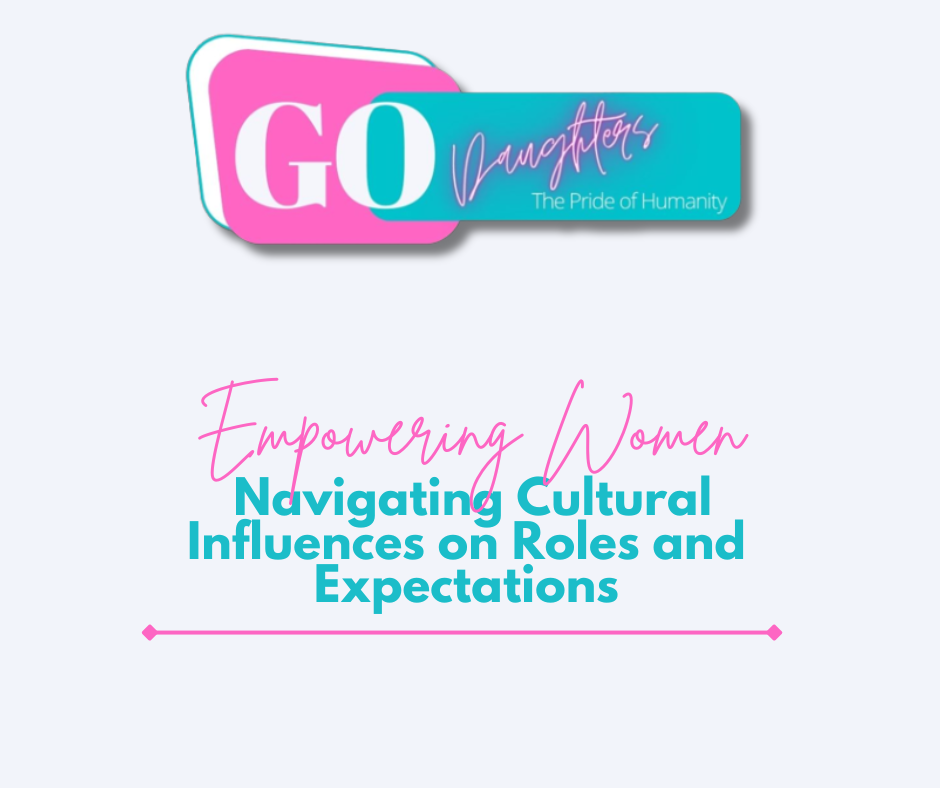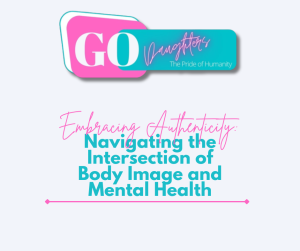
Introduction:
In the intricate tapestry of global societies, cultural norms often shape and mold the roles and expectations placed upon individuals. Within this framework, women have historically found themselves navigating a complex web of cultural influences that dictate their roles and shape societal expectations. This blog aims to explore the profound impact of cultural norms on women’s lives, unraveling the intricate threads that weave together tradition, expectation, and empowerment.
Understanding Cultural Influences:
Cultural influences on women’s roles can be profound, deeply embedded in traditions passed down through generations. From the expectations placed on women in family structures to societal standards dictating behavior, cultural norms play a pivotal role in shaping the female experience. It’s essential to recognize the diversity of these influences, acknowledging that cultural expectations for women can vary significantly across regions, religions, and ethnicities.
Historical Perspectives:
To comprehend the contemporary challenges faced by women, it’s crucial to delve into historical perspectives. Many cultural norms that impact women today have deep roots in the past. Examining the evolution of these norms allows us to trace the origins of certain expectations and understand how they have adapted over time.
For example, examining the role of women in ancient civilizations reveals a spectrum of expectations—from matriarchal societies that revered the feminine to patriarchal systems that subjugated women. Understanding this historical context provides valuable insights into the forces that continue to shape women’s roles in various cultures.
Challenges Faced by Women:
As we analyze cultural influences on women’s roles, it’s imperative to address the challenges that many women encounter. These challenges can manifest in various forms, such as limited access to education, restricted career opportunities, or societal pressures to conform to traditional gender roles. By acknowledging these obstacles, we can work towards dismantling the barriers that impede women’s progress.
Empowerment through Education:
One key avenue for empowering women within cultural contexts is education. Education serves as a catalyst for change, challenging traditional norms and fostering critical thinking. When women are educated, they are better equipped to question societal expectations and advocate for their rights. Initiatives that promote girls’ education not only benefit individual women but contribute to the overall progress of societies.
The Intersectionality of Culture and Feminism:
Recognizing the intersectionality of culture and feminism is crucial in understanding the nuanced experiences of women. Cultural influences intersect with other aspects of identity, such as race, socioeconomic status, and sexual orientation. By embracing an intersectional approach, we can address the unique challenges faced by women with diverse backgrounds and identities.
Celebrating Cultural Diversity:
While acknowledging the challenges imposed by cultural influences, it’s equally important to celebrate the richness of cultural diversity. Empowering women involves appreciating and preserving cultural traditions that contribute positively to women’s lives while challenging those that perpetuate inequality.
Conclusion:
In the journey towards gender equality, understanding and addressing cultural influences on women’s roles is paramount. By fostering open dialogue, promoting education, and embracing diversity, we can collectively work towards a future where women are not limited by cultural expectations but are instead empowered to shape their own destinies. Breaking free from the constraints of tradition, women can emerge as architects of change, enriching societies and contributing to a more equitable world.




